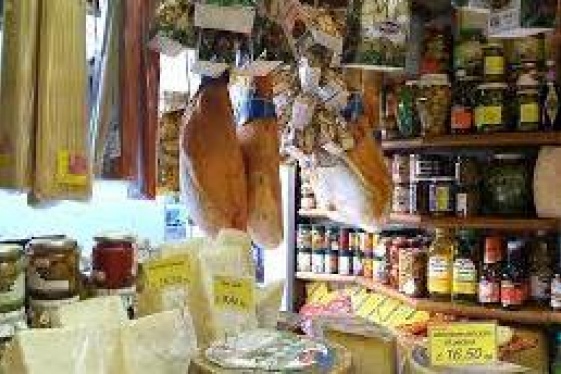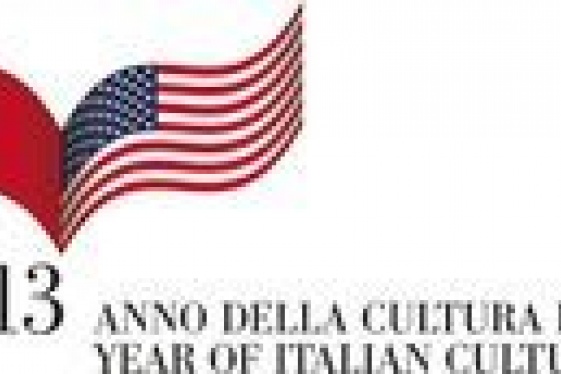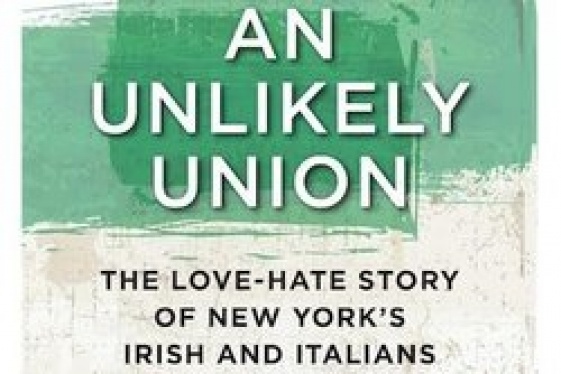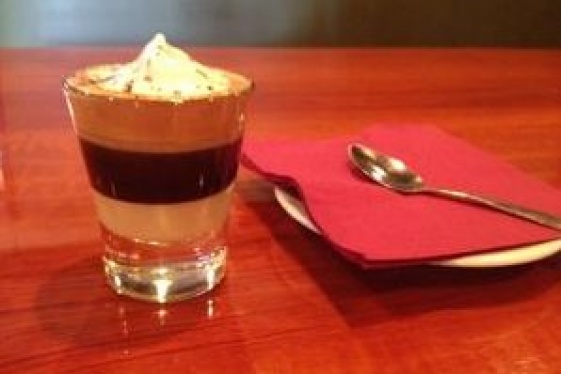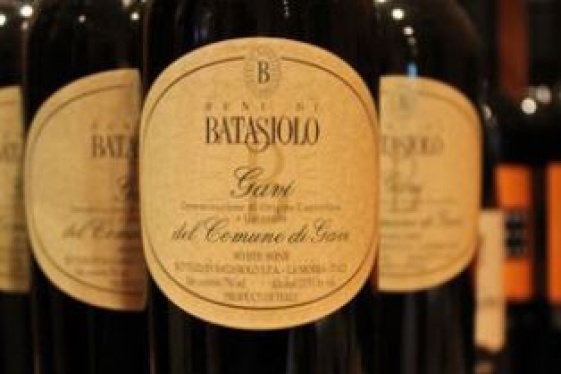

BY: Mark Spano
Even before the humanist movement of the Italian Renaissance, Italy has espoused a spirituality that is very much informed by the senses. One need only visit Italy to glean that Italian culture is consumed with beauty. A few of these lessons are expertly brought to life in Andrew Cotto’s two novels, Cucina Tipica: An Italian Adventure and Cucina Romana: Another Italian Adventure.
Both tales follow the adventures of Jacoby Pine, a young man seemingly without direction and with somewhat hazy Italian roots. Jacoby is a sensitive young man. And, at one time in my life, to say a young man was “sensitive” was akin to saying he was gay. Jacoby is not gay. Sensitivity in a young man who is gay has its own ration of social pushbacks. Just as it has for Jacoby Pine who is not gay and has an Italian eye for beautiful women.
Cotto has written us two stories of how this young man who loves beauty in all its forms: food, love, art, music, and landscape. Jacoby navigates a life as a New York publicist who is miraculously transformed into an Italophile. “Jacoby loved cooking for people, then sharing the meal and mutual pleasure of being together. Eating the same food; drinking the same wine, everyone on the same stage. It’s like sex when sex was good and mutual. What people called ‘making love.’”
Cotto delves into Jacoby’s issues of family and belonging. As having been essentially abandoned as a boy, Jacoby is fighting for his life to find breathing room in a world that has been for him so suffocating. As an outsider his entire early life, Jacoby could be very attuned to privilege, privilege that belongs only to those who belong. Regarding the eccentricities of Jacoby’s fiancé’s cousin, the author tells us, “-despite her excruciating snobbery - Dolores was about the most fun person he ever met. He envied the way she indulged her privilege without being completely obtuse to the outside world.”
Jacoby discovers that in Italy just as in the United States, the shadow side of beauty and sensitivity can be competitiveness, machismo, and even violence. There are as many contradictions between the sensual and spiritual in the Italian psyche as there are in the American. Jacoby meets a shadowy hunter from Antella who is and the author ranks among, “a certain type of bizarrely entitled Italian men.” Jacoby must tangle with the hunter in order to find himself.
Jacoby’s “insecurity always set off a violent response.” His demons were always taunting him about privilege, hyper-masculinity, violence and abuse. Jacoby’s second love interest, Helen takes him to the calcio storico, a nearly maniacal sport that makes rugby seem like badminton. The match is played within the shadow of the Florentine statue of Dante, the symbol for the Italian Renaissance spirit of humanism. Only then does Jacoby begin to appreciate the contradictions of the Italian psyche and sets in motion a process of understanding himself.
His Roman adventures offer even more fodder for the Italian contradictions.
Jacoby says of St.Peter’s, “It wasn’t just the scope but the glitz.” Owning his own Italianness, Jacoby clearly does not shy away from observing the Italian love of glitz and even participating in it. Jacoby witnesses firsthand that life in Rome is a, “… soap opera… on display in real-time.”
Both stories are of loss and redemption for not only Jacoby but his gay business partner and sidekick Bill. For Jacoby, Bill is something of a mentor and link to Jacoby’s Italian family. At times the two of them are adrift together. Bill tells Jacoby, “Love that is lost never goes away.” They are both men filled with longings, memories, and a great love of beauty. Both are seeking some kind of peace. Jacoby muses, “Churches in Italy felt so safe, as if he could feel the solace they provided over the centuries. It was a similar sentiment he enjoyed in museums, surrounded by the blessing of humanity in all its glory.”
On Jacoby’s journey to become a “sensory superhero,” all roads may not lead to Rome but in these books, all roads lead to the dinner table. The author tells us, “…while standing in the din of Florence’s train station, reminded Jacoby that he was hungry.” The characters in these books are always hungry and always going off to eat something wonderful. I’ve read three books by Cotto and it’s always time to eat. If Cotto’s writing were as unrestrained about sex as it is about food, his books would be hardcore pornography.
"Still, Jacoby marveled at how two men could eat all that food and drink all that wine, finish with grappa, and still be functional.” I have to say while reading the books I had the same marvel. Jacoby’s “…philosophy revolved around the belief that the table is the best place to share humanity, and the stage itself is another table.” He observes “Only Italians could make a theater out of food.” The great joy of these stories is Jacoby’s discovery that Italians can make theater out of anything.
Matter is spirit moving slowly enough to be seen..” - Pierre Teilhard de Chardin
You may be interested
-
'Phantom Limb': A Conversation With Dennis...
Dennis Palumbo is a thriller writer and psychotherapist in private practice. He's the auth...
-
‘Fuggedaboudit’ the motto of new Italian del...
By Kimberly Sutton Love is what brought Tony Nicoletta to Texas from New York.The transpl...
-
1st Annual Little Italy Cannoli Tournament
Little Italy San Jose will be hosting a single elimination Cannoli tournament to coincide...
-
A Week in Emilia Romagna: An Italian Atmosp...
The Wine Consortium of Romagna, together with Consulate General of Italy in Boston, the Ho...
-
An Italian American Feast For Family Reunion...
Hey, come over here, kid, learn something. ... You see, you start out with a little bit of...
-
An Unlikely Union: The love-hate story of Ne...
Award-winning author and Brooklynite Paul Moses is back with a historic yet dazzling sto...
-
Buon Appetito! Unique Italian dining at Ragú...
There's something to be said for having your food prepared tableside. Guacamole tastes fre...
-
Chef Carmelo Mauro to host Beni Batasiolo Wi...
Fiorenzo Dogliani, owner of Beni di Batasiolo, will join Carmelo Mauro for an exclusive wi...




